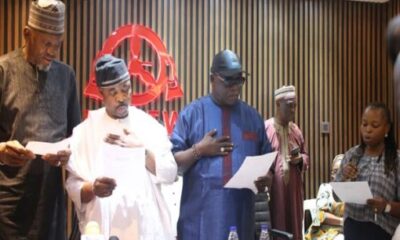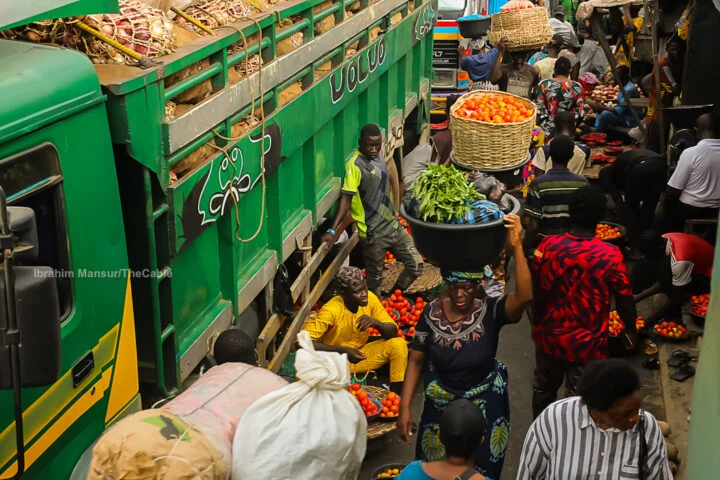BIG STORY
No Free 2 Months Electricity For Nigerians; Its A Mere Propaganda, FG Does Not Own Power — TCN

BIG STORY
JUST IN: Nigeria’s Inflation Rate Rises To 33.8% As Food Prices’ Surge Continues
BIG STORY
Blackmailing Of GTCO, CEO: Court Constrained To Grant Bloggers Bail Due To History Of Being Serial Offenders
BIG STORY
UPDATE: Friends Of Late Band Boy Insist “Overnight Beating” Led To His Demise, Not Suicide [VIDEOS]
-

 BIG STORY1 day ago
BIG STORY1 day agoMusic Band Boy Commits Suicide After Boss Tortured Him For Stealing “Sprayed Money” [VIDEO]
-

 BIG STORY1 day ago
BIG STORY1 day agoFBI Launches Manhunt For Nigerian Fraudsters Who Stole $60m From Top Global Carbon Supplier
-

 BIG STORY23 hours ago
BIG STORY23 hours agoJUST IN: Super Eagles Qualify For 2025 Africa Cup Of Nations
-

 BIG STORY2 days ago
BIG STORY2 days ago“JAPA”: UK Announces 45,000 Seasonal Worker Visas For 2025
-

 BIG STORY4 days ago
BIG STORY4 days agoSpeeding Vehicle Knocks Down Fleeing Suspected Thief In Lagos
-

 BIG STORY3 days ago
BIG STORY3 days agoUS Government Places $25,000 Bounty On Fleeing Nigerian On Murder Trial
-

 BIG STORY3 days ago
BIG STORY3 days agoPetrol Pump Price May Drop As Dangote, Oil Marketers Sign Deal
-

 BIG STORY4 days ago
BIG STORY4 days agoBREAKING: MC Oluomo Assumes Office As NURTW National President
























